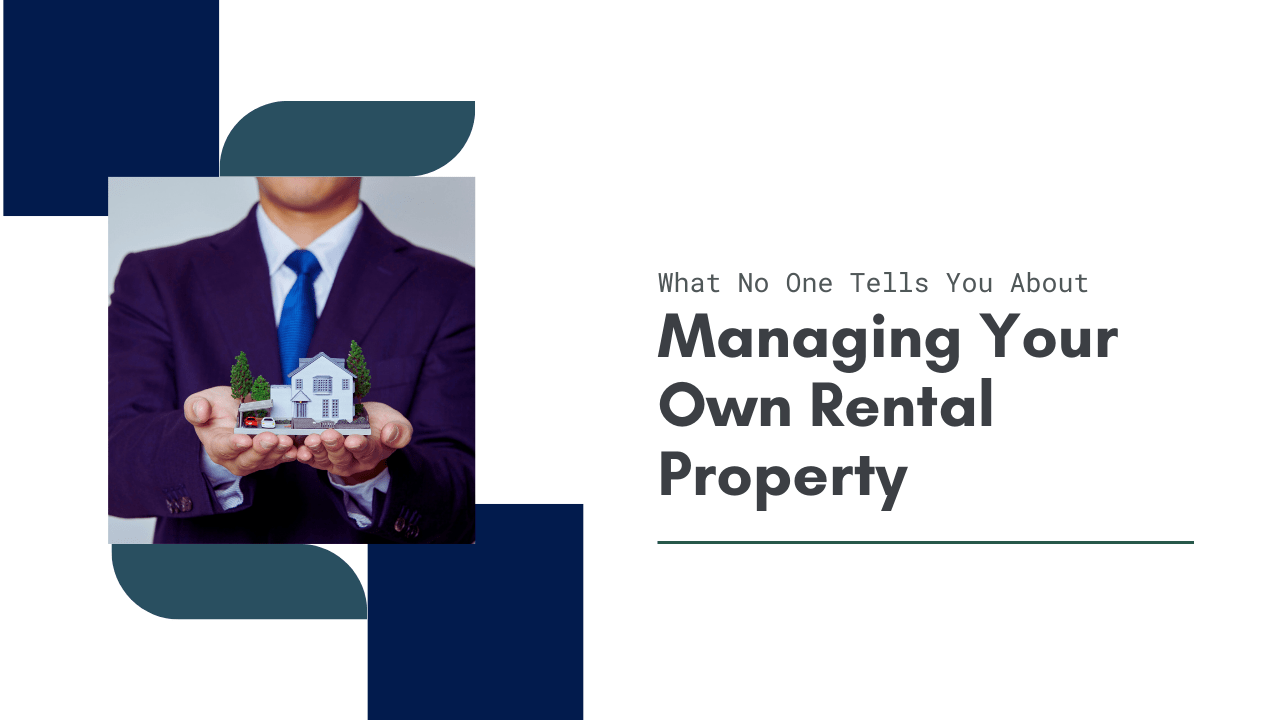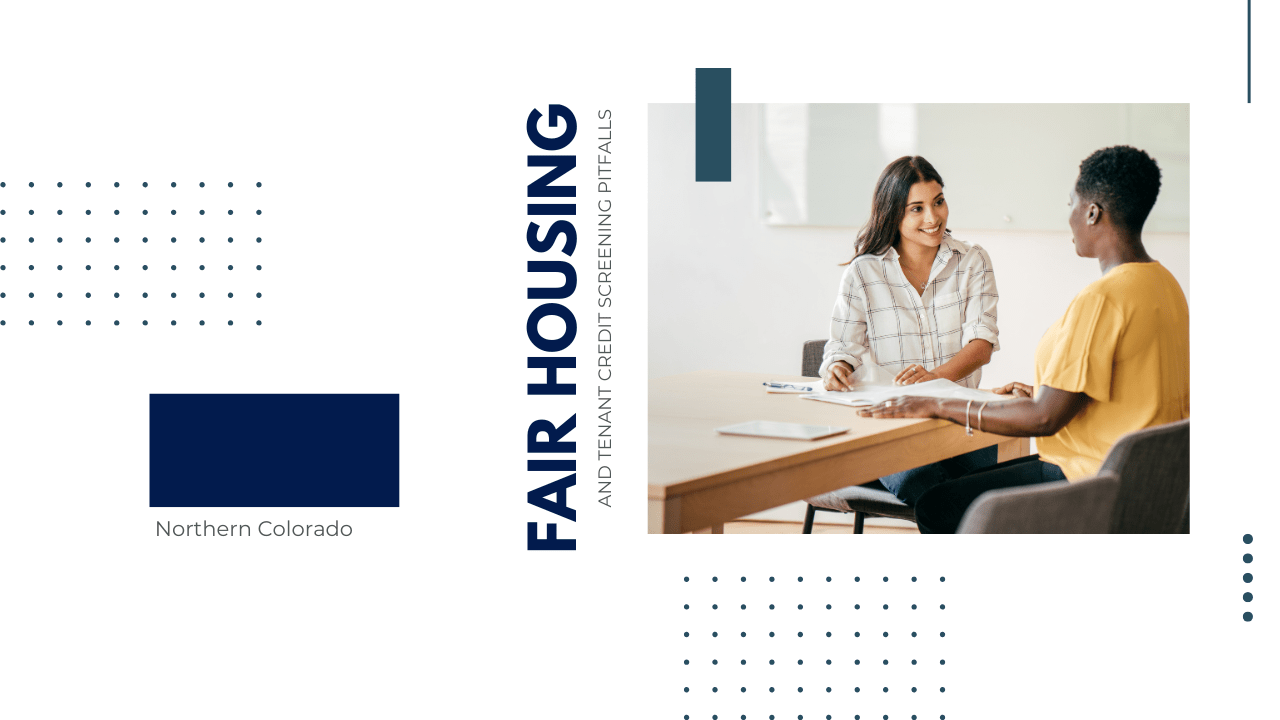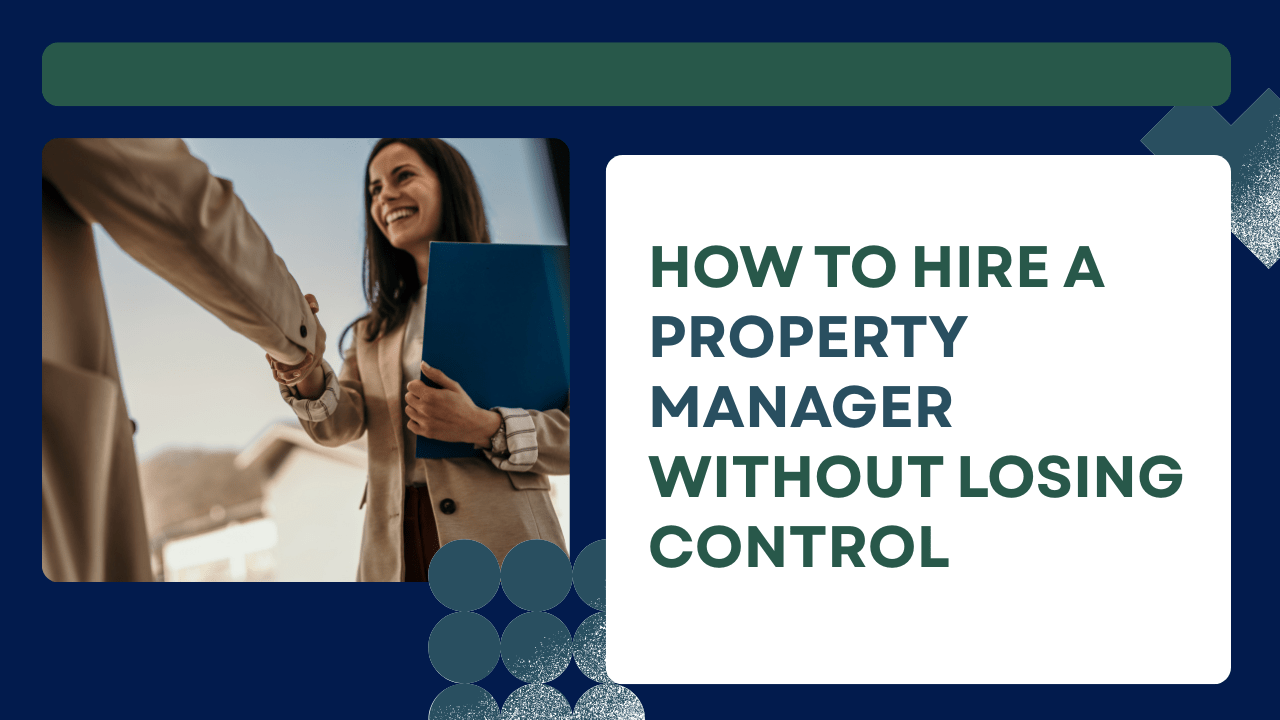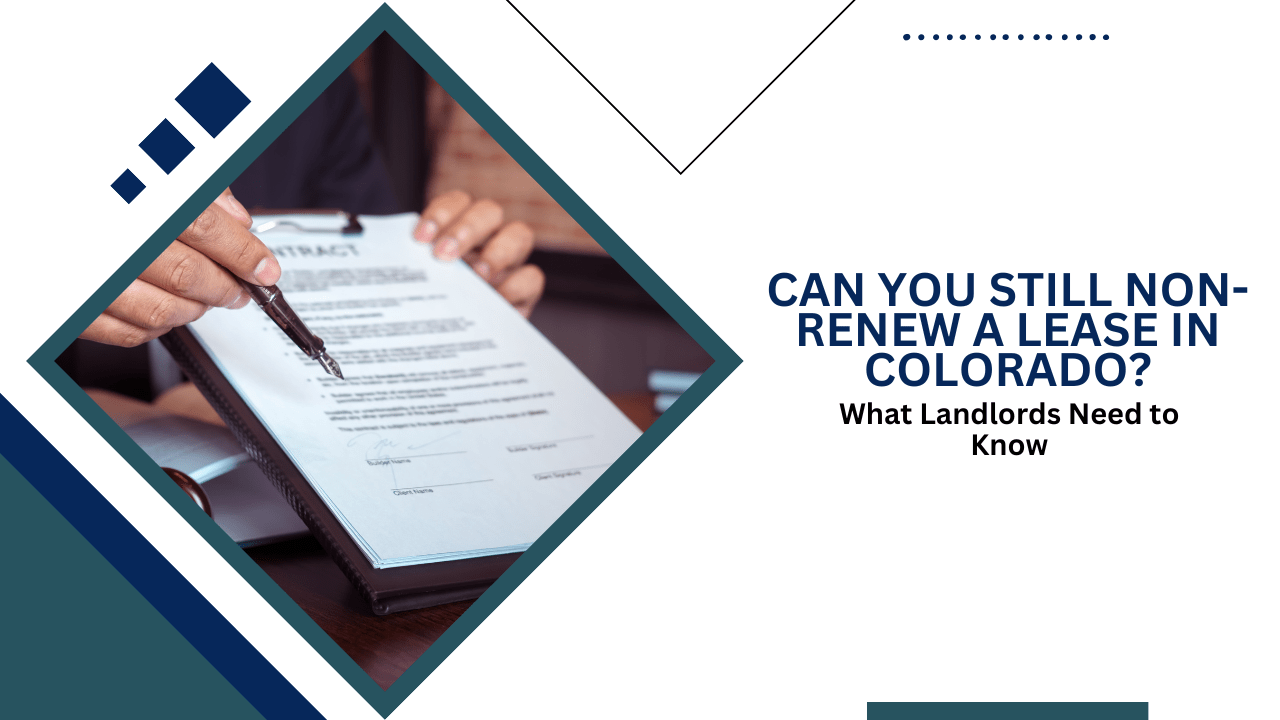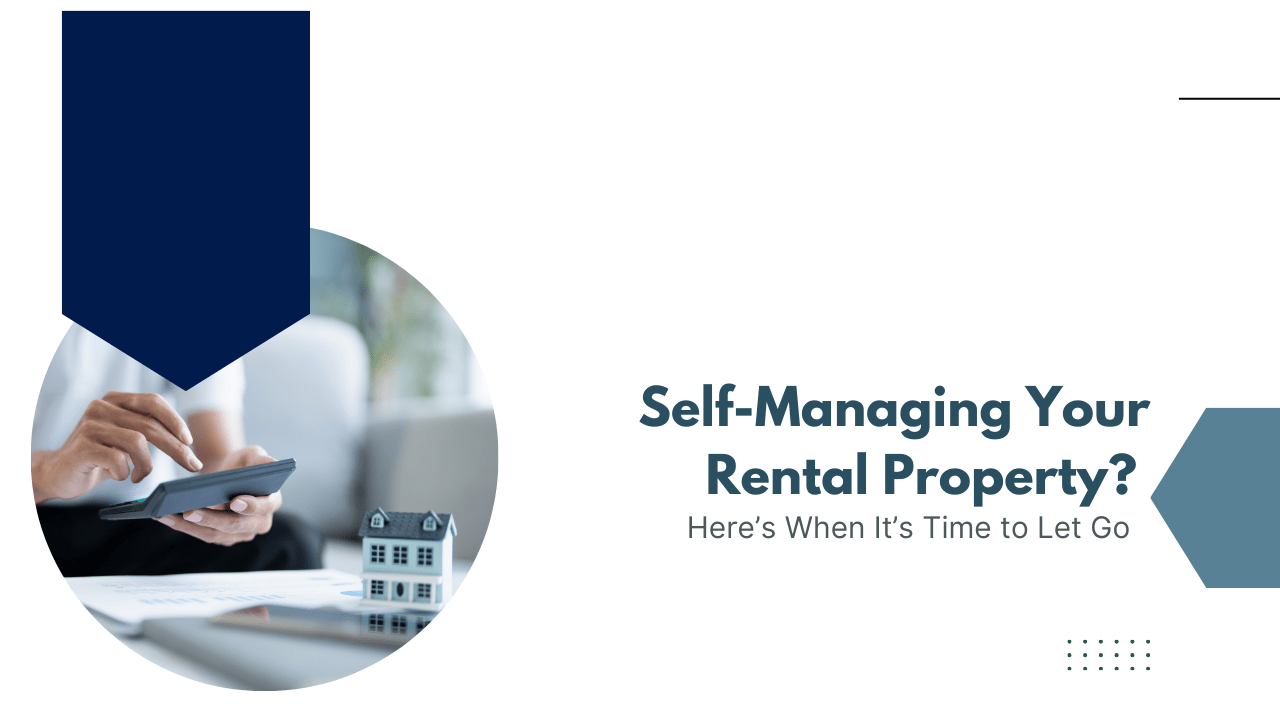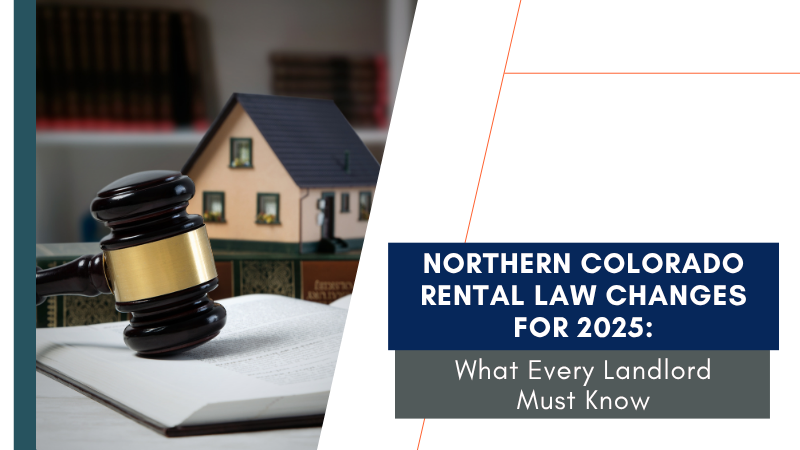Managing your own rental property investment sounds appealing—more control, more profit, no middleman.
But what looks simple from the outside often includes a lot of stress, unexpected complexity, and shifting legal ground—especially in Colorado.
After a few years, what seems manageable slowly turns into dozens of small headaches that add up. If you’re considering
self‑management (or already doing it), here are the truths nobody tells you up front.
1. Time Drains That Sneak Up On You
When you manage your rentals yourself, the hours sneak in around everything else in your life. You might think your time investment will mostly be finding tenants and collecting rent. But there are hidden overheads:
Screening and Leasing Takes More Work Than You Expect
It’s not just posting a listing. You’ll be fielding phone calls, messages, showing the property, doing background/credit checks, reviewing lease terms, often negotiating. If you handle this yourself, it cuts deep into evenings and weekends.
Maintenance Emergencies Don’t Respect Your Schedule
Colorado weather. Winter freezes. Roof leaks. A small drip becomes mold. Self-managing means being on call – even before holidays, after dark.
Documentation & Record-Keeping Is Constant
Every
lease renewal, every notice, every repair, every inspection – if you don’t document, you’re vulnerable to disputes. Summaries, photos, receipts. They stack up.
We remember a few clients who thought “seasonal slowdowns” would give them breathing room. But when something needs fix‑it‑now (a burst pipe, frozen pipe, lock broken in a snowstorm), you realize there’s nothing slow about dealing with damage or tenant safety. That energy drains quickly.
2. Changing Laws: The Regulatory Minefield
Colorado rental law has shifted a lot in recent years—and it’s not the kind of thing you can set and forget.
- You likely know about
HB 24‑1098 already: you can’t just non‑renew a lease without “just cause”—like significant damage, repeated late rent, or if you plan to sell or move back in.
- There’s also
HB 25‑1249 (effective Jan 2026), tightening rules around security deposits, defining “normal wear and tear,” limiting deductions, and requiring walk‑through inspections in many cases.
- Then there’s the permanent version of the Colorado CARES Act requirement—for properties with federally backed loans, post‑demand notices need to be 30 days instead of shorter.
Laws like these mean that as property owners, you need to update lease agreements, notice templates, and your policies regularly. We do it at Stegner—we go through lease reviews annually to stay compliant, to avoid surprises for both owners and tenants.
We recently posted a blog called
Northern Colorado Rental Law Changes for 2025: What Every Landlord Must Know, which goes more in-depth about these as well as other landlord-tenant laws to look out for.
3. What Tenants Care About That Landlords Often Miss
As someone who’s
managed properties for decades—starting with my own—I’ve seen how often landlords focus on the wrong upgrades. I can’t tell you how many times I’ve had an owner tell me,
“But we just put on a brand-new roof!” thinking it justifies a higher rent.
But here’s the truth: tenants don’t ask about the age of the roof—they just want to know it’s not leaking. A fresh coat of paint or new appliances are nice, but they don’t matter much if the faucet drips, the door sticks, or it takes a week to get a response when something breaks.
During our intake process at Stegner Property Management, my team and I have found that tenant satisfaction almost always comes down to three things: prompt maintenance, clear communication, and a property that feels clean and functional. We’ve seen happy tenants in older homes that are well-maintained and frustrated tenants in brand-new builds with poor communication.
4. Rental Property Pricing Is Trickier Than You Think
One of the biggest things we see that’s underappreciated: pricing your rental property just right. We talk to a lot of self-managing landlords who guess their rent price based on Zillow or a neighbor’s listing. But guesswork can backfire:
- If you price too high, you may be sitting with a vacant property much longer than you expect. Each month without rent chips away at your return.
- If you price too low, you might fill the place, but you won’t cover the real costs—maintenance, upgrades, legal compliance, insurance, taxes—all are rising. You may even be leaving money on the table that could help offset those risks or buffer repairs.
We’ve seen this happen many times. That’s why our team at Stegner Property Management takes the time to assess each property we manage, analyze local rental comps, and factor in market conditions in our service areas of Fort Collins, Loveland, Wellington, Windsor, and Johnstown.
We also factor in seasonality, features (yard, garage, basement, condition), location, and how clean and well‑maintained a property is. All of those together inform the market‑fair rent—not just what feels good on paper.
5. What Many Forget About Maintenance & Documentation
Owning a rental property investment means more than just reacting when something breaks.
You’ll want to establish:
- Clear systems for documenting condition—photos at move‑in, walk‑throughs pre‑move‑out, invoices every time, lease renewals properly logged.
- Vendor networks you can trust, or handyman relationships before emergencies happen. Emergencies always happen—storms, frozen pipes, tenant accidents.
Here’s something I’ve learned: if you wait until the property is in disrepair, tenant complaints pile up, and what could have been handled affordably becomes expensive. Skipping seasonal checks or ignoring small leaks can lead to big damage (and tenant dissatisfaction) later.
6. When the Hidden Costs of DIY Property Management Outweigh the Benefits
We believe that self‑management can work for some property owners. But quite often, the cost is more than people expect—emotionally, legally, financially.
You might be losing nights of sleep over renter calls. Or spending weekends managing invoices, reading new laws, and handling disputes that could have been avoided. The stress adds up.
And when laws change (as they frequently do here in Colorado), staying on top of them becomes a job in itself. We’ve seen self‑managers have to stop, research, consult attorneys, and rework lease terms—sometimes in response to a new statute they didn’t know was going live.
7. If You Decide to Keep Self‑Managing, What You’ll Want in Place
(H2)
If you’re committed to doing this yourself, these are non‑negotiable:
- Use legally reviewed and up‑to‑date lease templates and notices.
- Organize photos and documentation (move‑in, move‑out, repair status).
- Set a budget and schedule for preventive maintenance.
- Build a communication standard (response times, tracking).
- Keep a watch on local law changes or hire someone you trust to send you updates.
If Self Managing Your Rental Property Is Taking a Toll, Let’s Talk (H2)
If you’re like many landlords we work with, you started self-managing to save money and to stay in control. But over time, things change. Colorado rental property laws change. The market changes. And your own priorities shift, especially if you’re thinking about retirement, travel, or just having more peace of mind.

